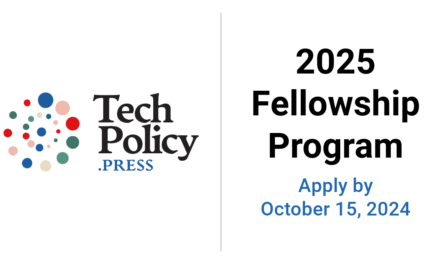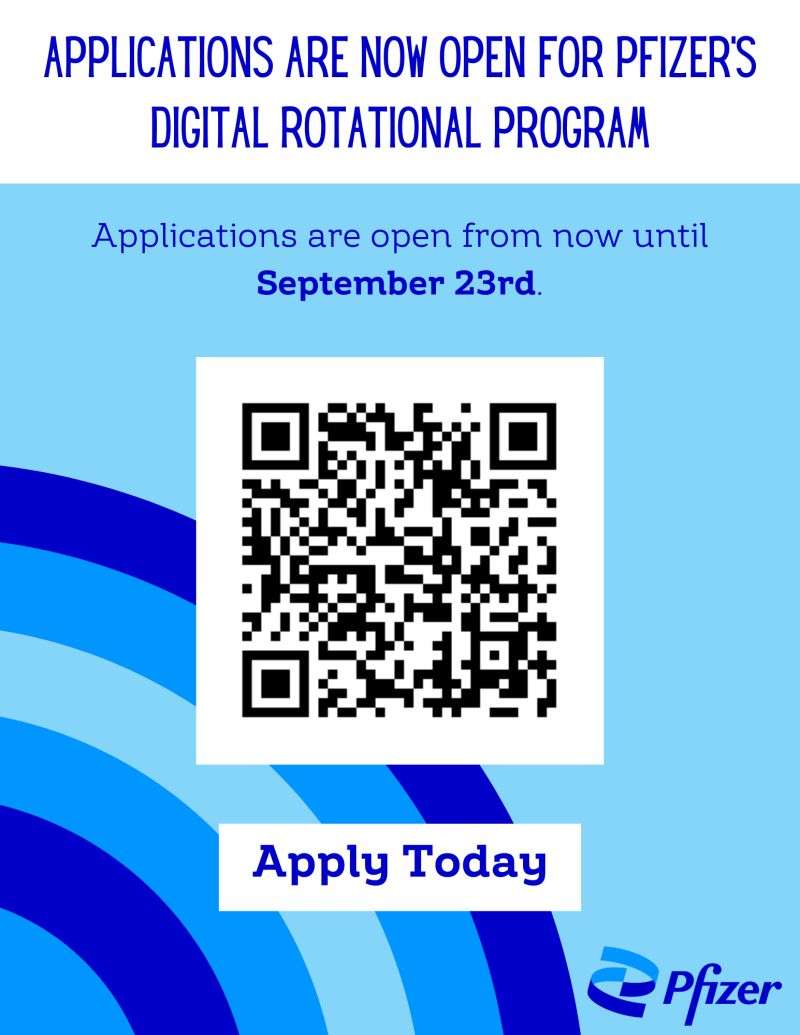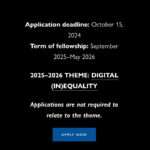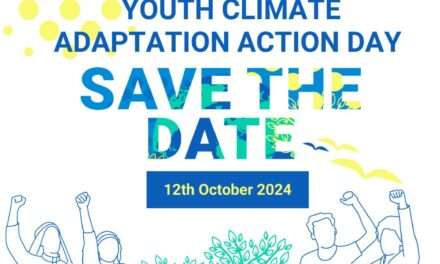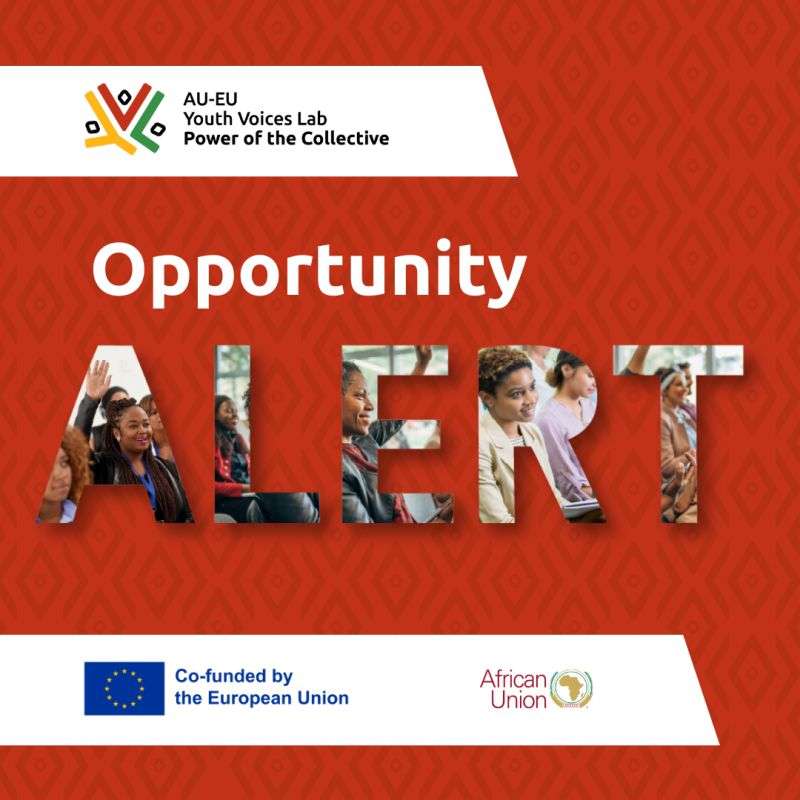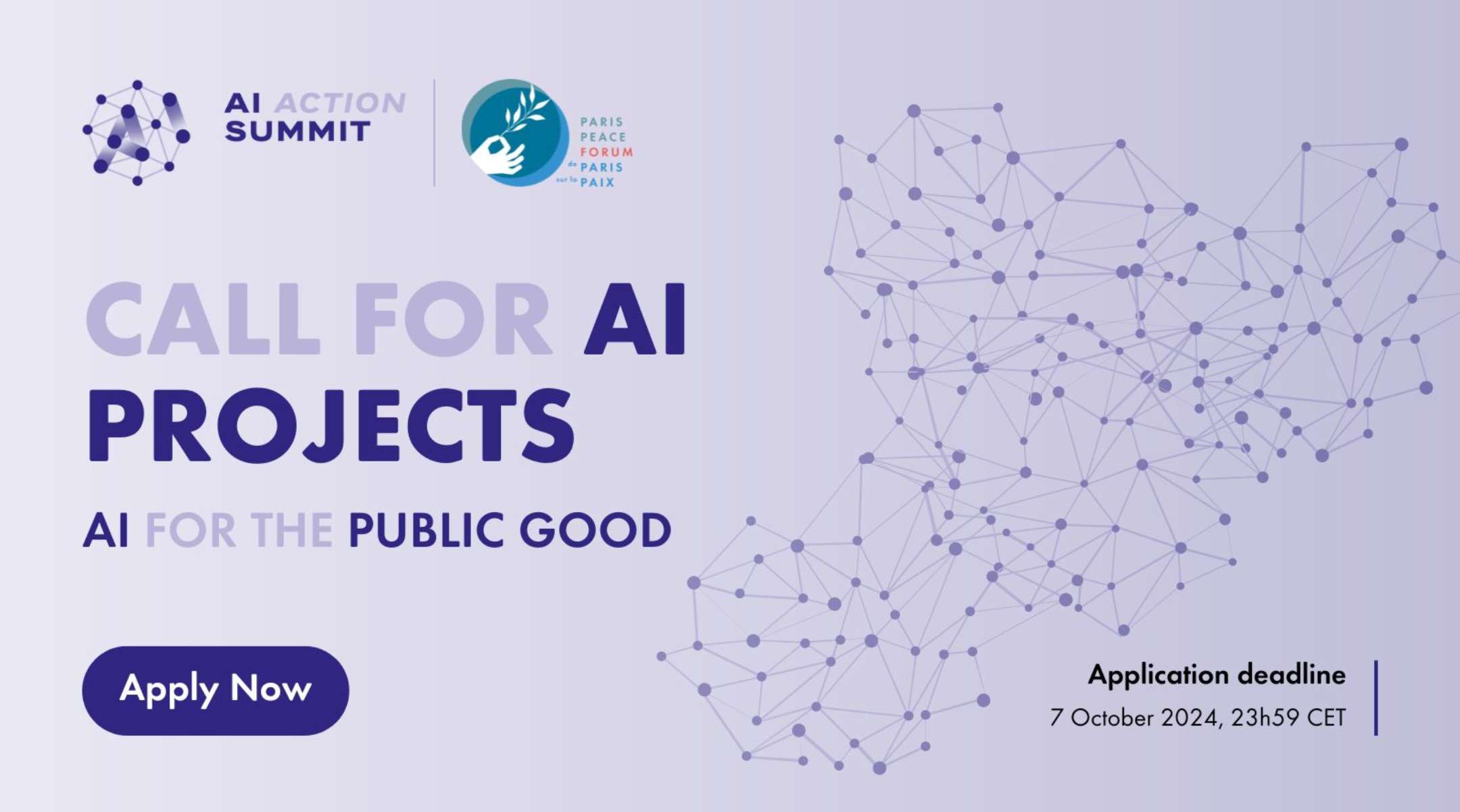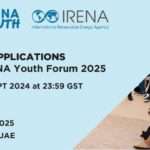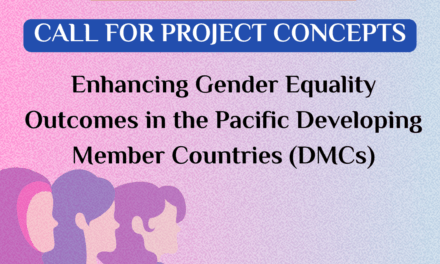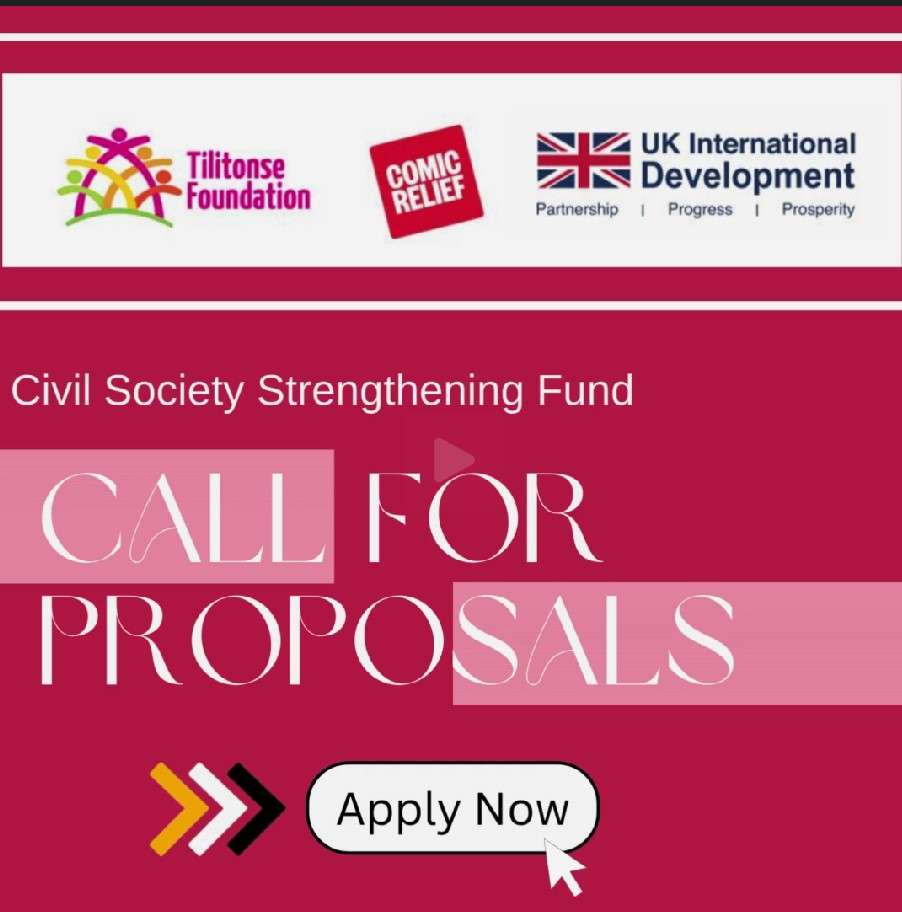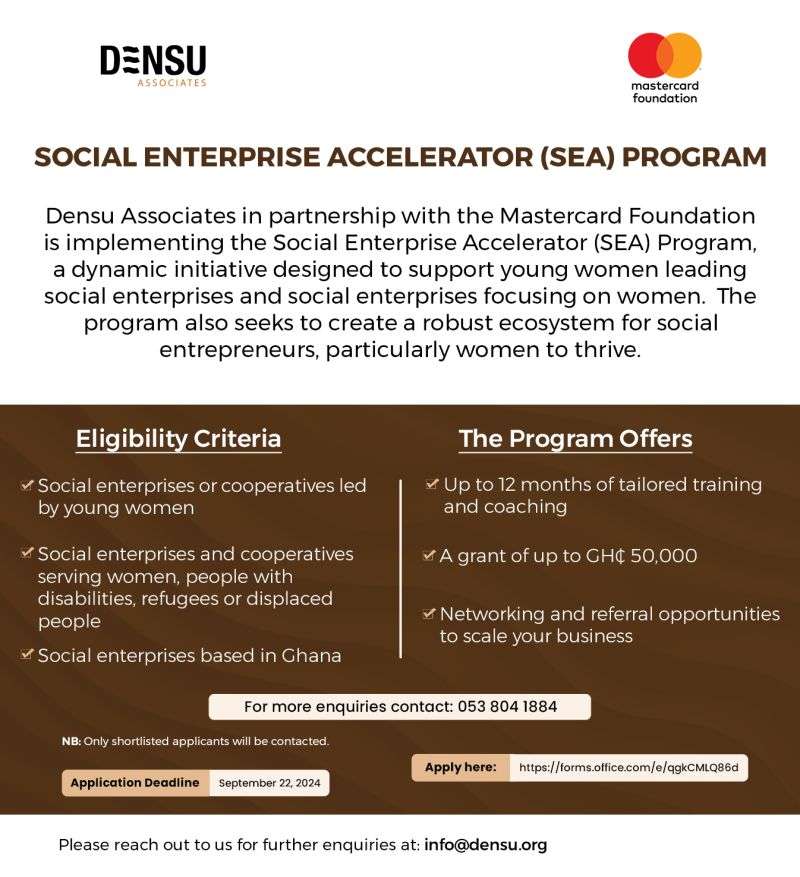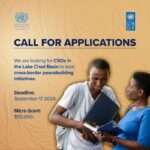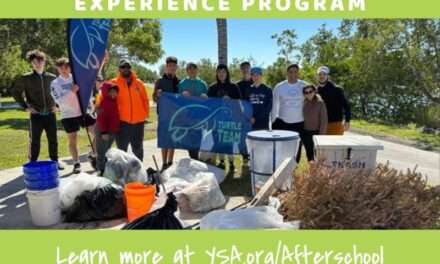
Join the CDC’s Public Health Informatics Fellowship Program: Your Gateway to Advanced Public Health Careers
Posted by Pratiksha Govil | Aug 21, 2024 | Africa, America, Asia, Australia and Oceania, Europe, Fellowship, Jobs, Latin America and the Caribbean, Middle East and North Africa, South America | 0 |
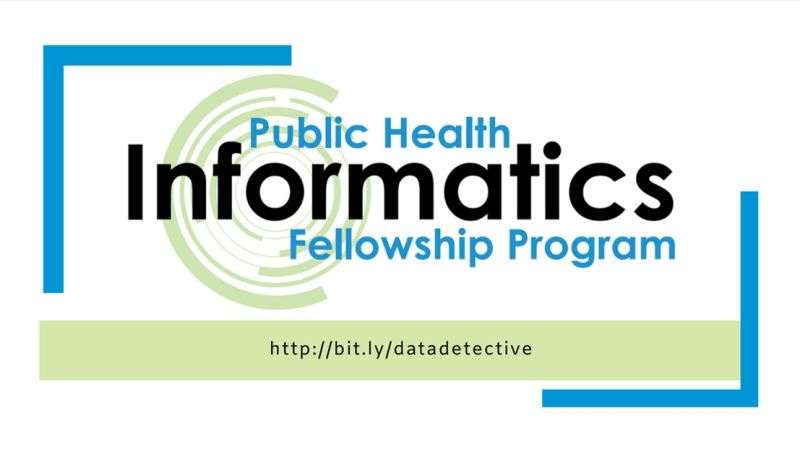
About the PHIFP
The PHIFP is an intensive two-year training program that provides professionals with on-the-job experience in applying their expertise in computer science, data analytics, and data science to real-world public health needs. Fellows are embedded within various host sites at the Centers for Disease Control and Prevention (CDC), where they contribute to advanced projects aimed at enhancing public health information systems and data management practices. This hands-on experience is complemented by classroom learning, ensuring that fellows not only share their knowledge but also grow their skills in a supportive and dynamic environment.
Application Details
- November 1, 2024: Application period closes at 11:59 p.m. (EDT). All applications and supporting materials must be submitted by this deadline. Click here to apply online
- November 2024 – January 2025: PHIFP screens applications for eligibility and quality.
- January – February 2025: CDC host sites interview applicants.
- February 2025: Final selections are made, and applicants are notified of acceptance.
- March – July 2025: Onboarding of accepted applicants.
- August 2025: CDC assignments begin.
- September 2025: New fellows participate in a two-week orientation with PHIFP staff.
Eligibility Criteria
To be eligible for the PHIFP, applicants must meet the following criteria:
Educational Background
- Doctoral Level Candidates: Must possess a doctoral degree (PhD, MD, PharmD, DrPH) from an accredited academic institution in fields such as public health, medicine, healthcare/health services research, computer science, data science, medical/public health informatics, statistics, epidemiology, engineering, or operations research.
- Master’s Level Candidates: Must hold a master’s degree (MPH, MS, MSc) from an accredited academic institution, with at least one year of documented experience in any of the fields mentioned above.
Research Experience
Applicants should provide evidence of research or evaluation experience gained during or after academic training. Acceptable forms of experience include publications, thesis writing and defense, poster presentations, and research or evaluation proposals.
Relocation and Citizenship
Accepted fellows must be willing to relocate to their assigned CDC locations, which may also include other federal agencies, state, or local health departments.
Applicants must verify that they are not a citizen of a country designated as a state sponsor of terrorism per this US Department of State website: State Sponsors of Terrorism.
Non-U.S. citizens must be legal permanent residents or eligible for J1, TN, H-1B, or OPT-EAD (STEM Extension) visas before the program’s start date. CDC’s Human Resource Office/Immigration Office will consult with all non-US citizen candidates to identify the most appropriate work authorization needed to complete the fellowship program requirements.
Fellowship Compensation and Benefits
PHIFP fellows are classified as full-time equivalent (FTE) employees during the two-year fellowship. Compensation is based on federal pay scales:
- Master’s Degree Fellows: Paid at the GS 11, step 3 level.
- Doctoral Degree Fellows: Paid at the GS 12, step 3 level.
Fellows receive the same benefits as other CDC employees, including health insurance and leave. Salary increases may be granted after the first year, contingent on performance and recommendations from management. See the Office of Personnel Management salary.
Fellows are responsible for their own relocation expenses for their two-year assignment.
Application Process
Applicants should thoroughly prepare their application materials, which include:
- Resume or CV: Updated with all relevant education, training, work, and volunteer experience.
- Personal Statement:
- What influenced you to consider a career in public health?
- How will this fellowship help achieve your goals?
- Three Recommendation Forms: The recommendation forms are required from persons familiar with the applicant’s academic achievements, aspirations, personal qualities, and professional attributes. At least two recommendation forms must be from persons who are not currently employed at the CDC.
- Unofficial Transcripts: Required for all earned degrees, with foreign degrees requiring a course-by-course credential evaluation.
- Additional Documentation: For non-U.S. citizens, documentation of visa eligibility.
For details, visit the application process page.
Orientation and Training
New fellows will participate in a two-week orientation, providing an overview of CDC’s public health activities and the role of informatics. The training curriculum is a blend of 90% on-the-job training and 10% coursework, covering various aspects of informatics, data science, and public health.
Data Science Upskilling Program (DSU)
First-year fellows are automatically enrolled in the Data Science Upskilling (DSU) program, which includes access to MOOCs, intensive bootcamps, and bi-weekly skill-building sessions. This program enhances fellows’ skills in computational literacy, machine learning, data visualization, and ethical data use.
Service and Contributions
Throughout their fellowship, PHIFP fellows contribute to the CDC’s mission by:
- Collaborating on the development and evaluation of public health information systems.
- Conducting informatics evaluations and providing technical assistance.
- Participating in emergency response activities.
- Engaging in short-term assignments, known as Info-Aids, to support state, local, and international public health agencies.
How to Apply
Once applicants have prepared their materials, they can proceed to the online application portal available during the open application period. The application process will prompt applicants to provide contact information, educational background, training, work experience, and other relevant details. Upon submission, applicants will receive a confirmation email.
Contact Information
For questions regarding the PHIFP application process or fellowship details, applicants can contact the PHIFP program via email.
Visit the website.


